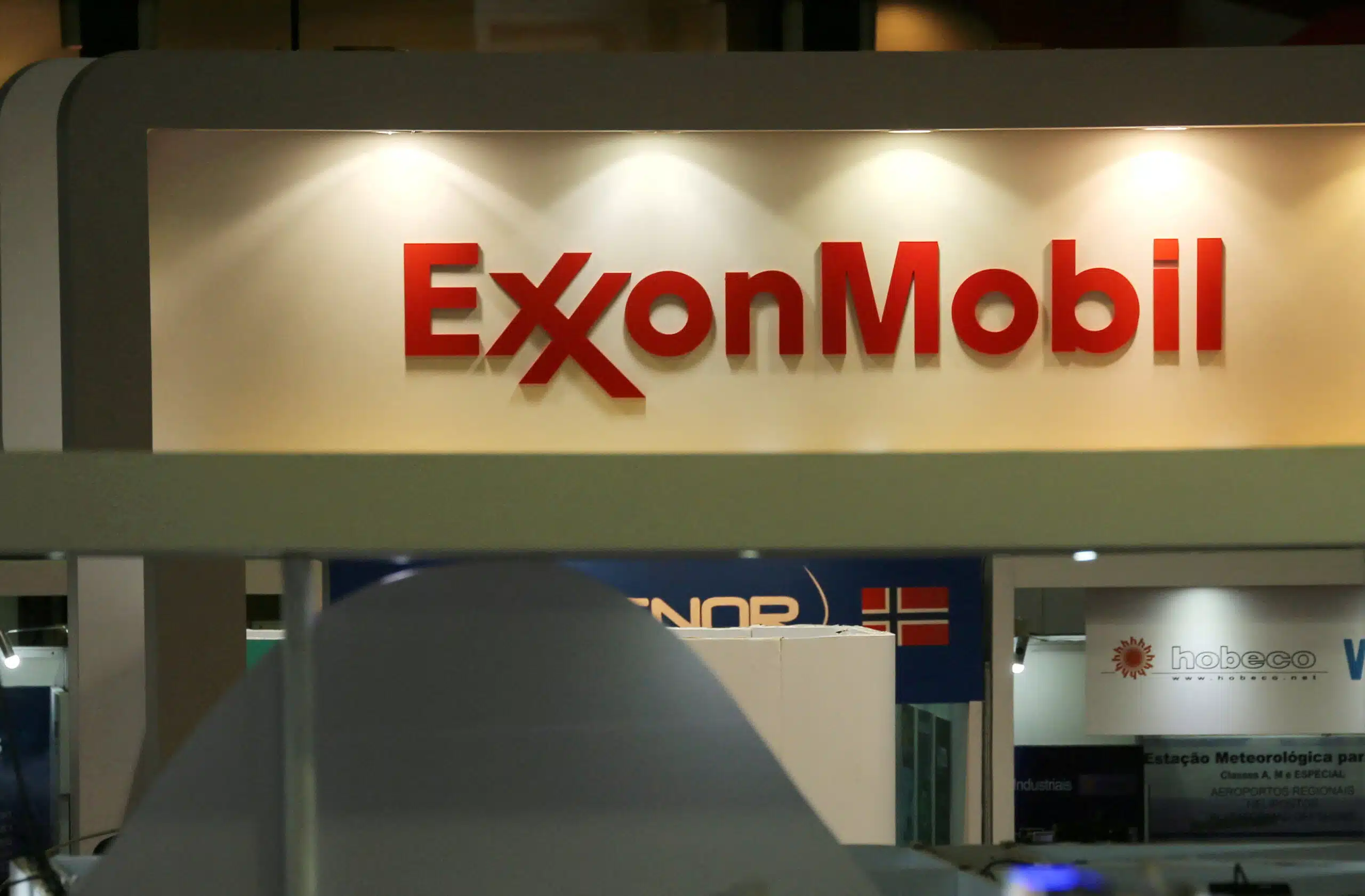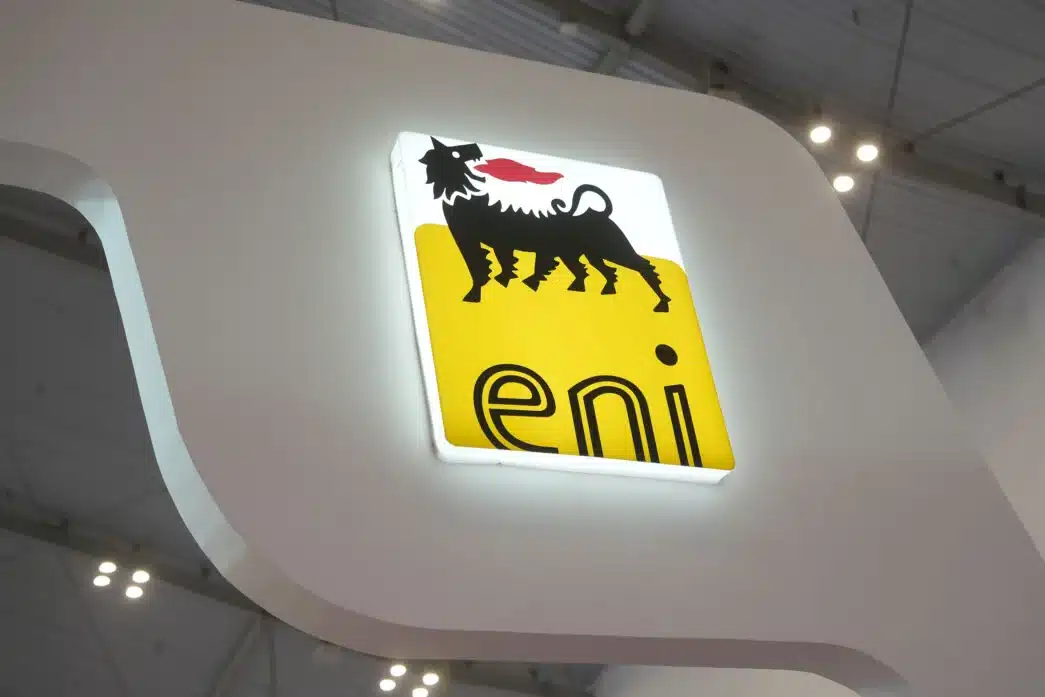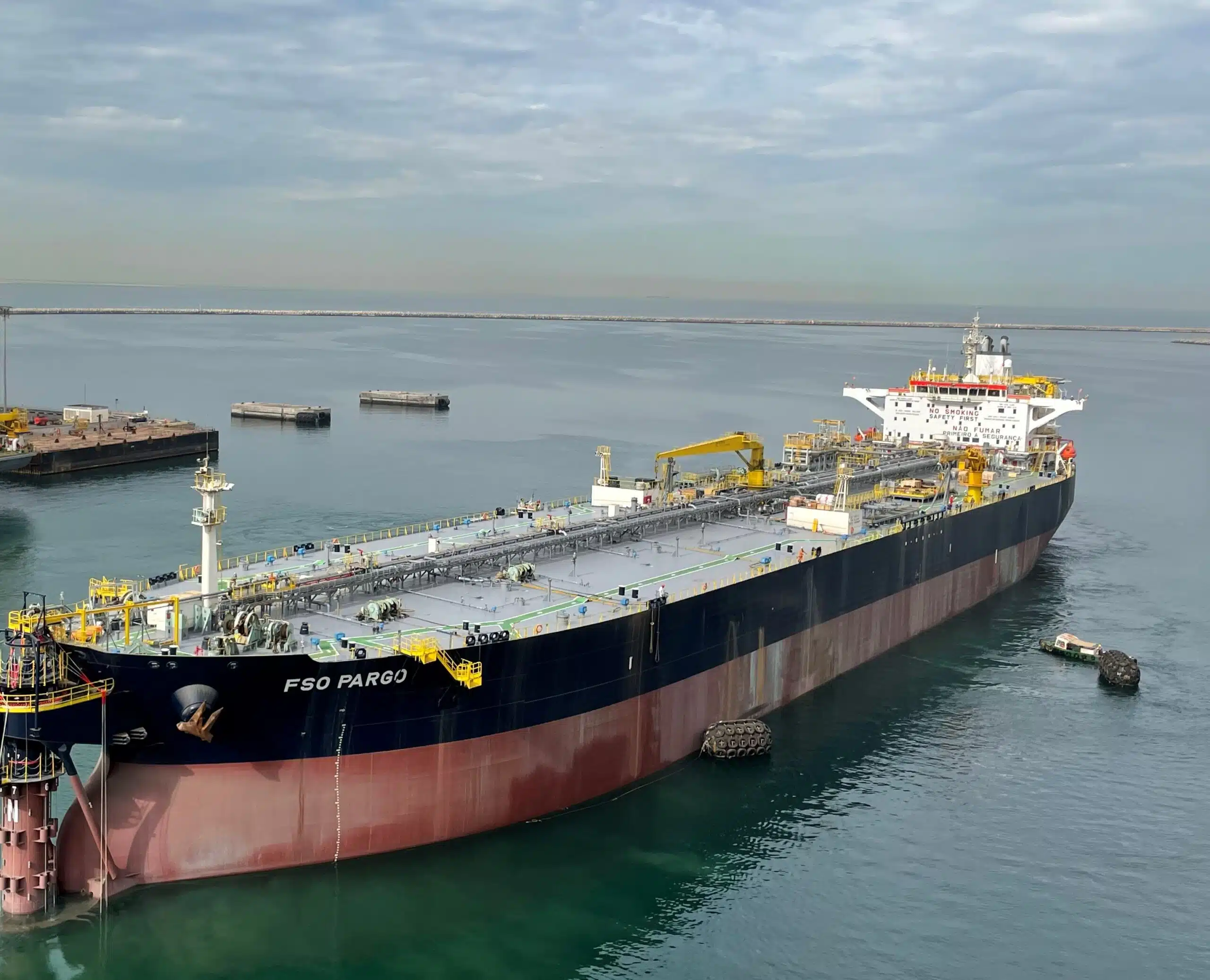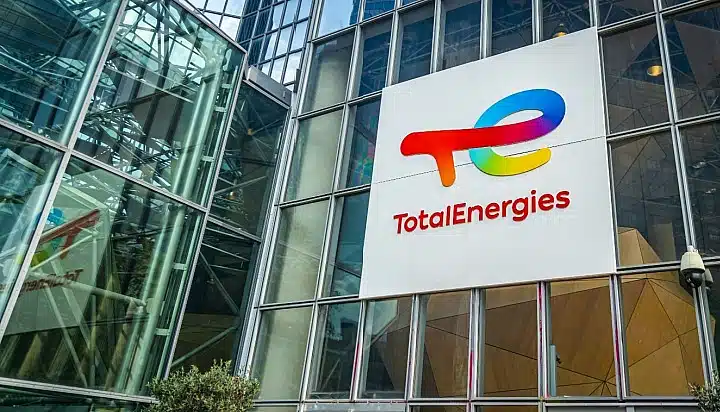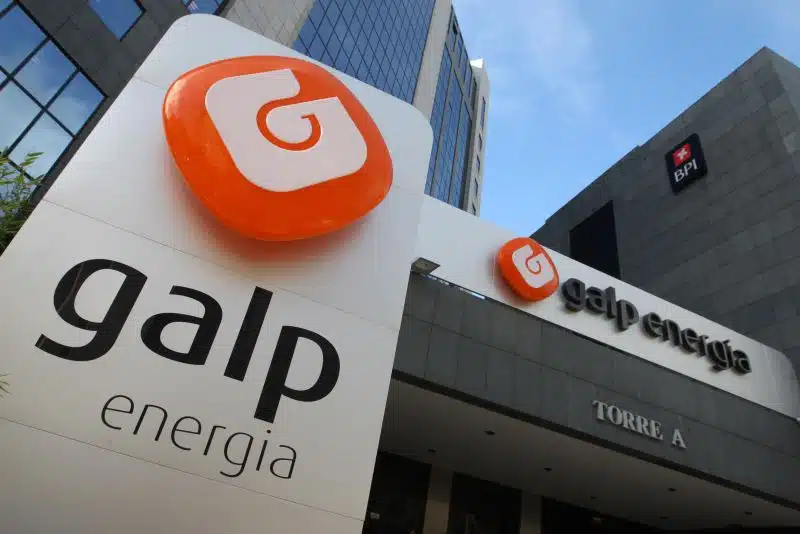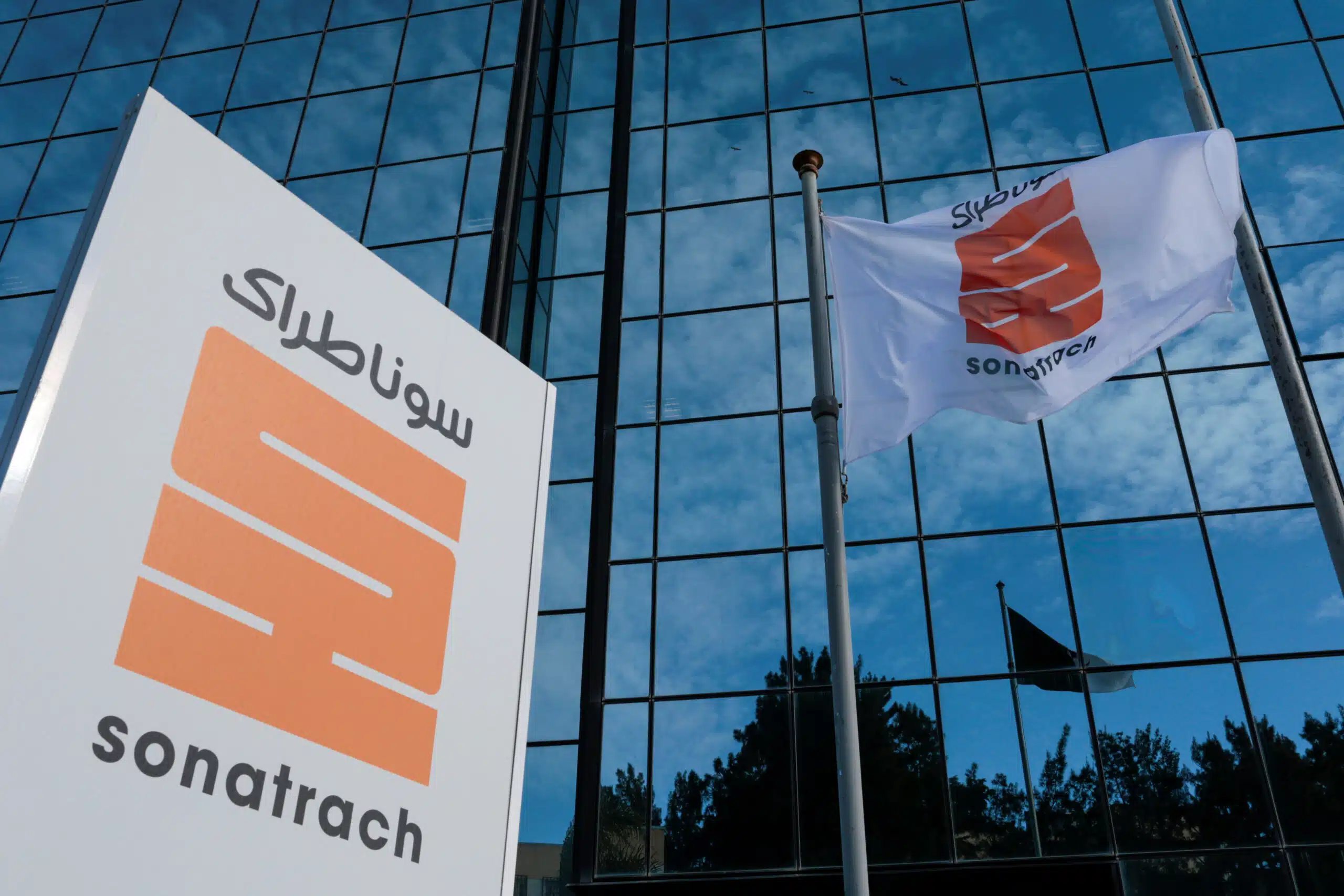American oil major, ExxonMobil, is exploring a preliminary agreement for natural gas development in offshore Libya, years after it exited the country due to political instability.
Local sources familiar with the matter confirmed the development to Energy in Africa over the weekend.
ExxonMobil previously operated in Libya until widespread conflict following the 2011 Arab Spring forced the company and other major oil and gas players to suspend operations in the country.
In 2013, two years after Libya’s head of state Colonel Muammar Gaddafi was overthrown, an ExxonMobil spokesperson told Reuters that “the security and business situation means we can no longer justify maintaining a large office presence in Libya.”
But nearly a decade after its exit, the company is now seeking a strategic return—alongside other players—as the security situation in the oil-rich country rapidly improves.
The government of the North African country recently took a significant step to revive its oil industry by launching its first oil and gas licensing round in 18 years.
Libya’s National Oil Company (NOC) earlier reported the exercise puts an impressive offer of 22 new offshore and onshore blocks to global energy companies.
ExxonMobil is one of the major bidders, alongside over 30 others such as Chevron, TotalEnergies, and Eni.
The results are scheduled for November 2025.
More Big Oil players return to Libya
Aside from ExxonMobil, other major players that previously left Libya due to political instability are gradually returning.
For instance, BP, Eni, OMV, Weatherford, and Repsol have resumed operations in the country, signaling renewed investor confidence in Libya’s upstream sector.
In fact, Eni resumed drilling in the Ghadames Basin last October, partnering with BP and the Libyan Investment Authority.
One of the key reasons behind this comeback is the vast petroleum reserves Libya possesses. Most of which are concentrated in offshore terrains.
The Libyan NOC estimates the country holds approximately 91 billion barrels of oil equivalent in undiscovered oil and gas resources.
In other words, the country holds 40% of Africa’s reserves—something Big Oil can’t take their eyes off.
Moreover, Libya’s oil production has seen a significant increase since 2021, when it struggled to produce 800,000 bpd.
As of January, its crude oil and condensate output had reached 1.4 million bpd, slightly behind Nigeria, Africa’s leading oil producer.
With many idle oil and gas fields being reactivated across the country, the government has set a new output target of 2 million bpd before 2030.

